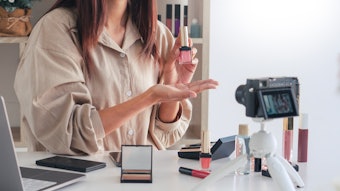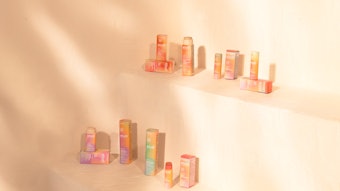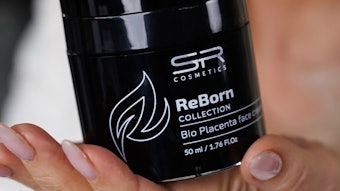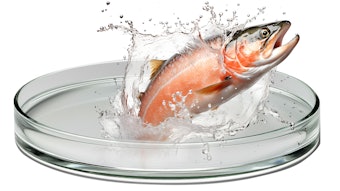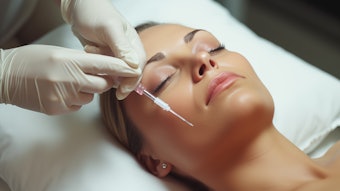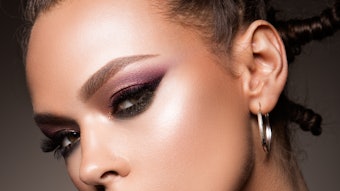The market for cosmeceuticals, or cosmetics which contain active pharmaceutical ingredients to exhibit therapeutic effects on the skin, represents the fastest growing segment of today’s personal care industry, according to a recent report.
In fact, GBI Research said in its report, "Cosmeceuticals Market to 2018 - Technological Advances and Consumer Awareness Boost Commercial Potential for Innovative and Premium-priced Products," that demand for the category is spiraling, driven mainly by anti-aging products, which offer an alternate to cosmetic surgical procedures and promise more dramatic results but at a higher cost in terms of time, money and safety.
The cosmeceutical markets in the U.S., the U.K., France, Germany, Italy, Spain and Japan were estimated to be worth $30.9 billion collectively in 2011, with the combined markets expected to reach $42.4 billion by 2018, following growth at a Compound Annual Growth Rate (CAGR) of 4.6%. The market is dominated by a small number of large players such as Procter & Gamble (P&G), L'Oreal, Unilever and Beiersdorf, who attribute their success to building big brands such as Olay, L'Oreal, Garnier and Nivea with massive marketing budgets.
The top five European countries accounted for almost 65% of the overall cosmeceuticals market, followed by the U.S. The study said this is mainly driven by the obsession with maintaining a youthful appearance, better results of cosmeceuticals, heavy marketing, slow economic improvement, and rising per-capita disposable income. To that end, increasing wealth in emerging markets such as Latin America, China and India is expected to attract an even wider audience in the future due to higher demand for more efficient products and luxury brands.
Cosmeceutical brand growth is further driven by expanded markets in Asia-Pacific, digital marketing and the offer of personalized customer experiences and e-commerce. Specifically, anti-oxidants remain one of the most popular ingredients for skin care and are now being included in other health care regimens for their perceived benefits to overall health.
However, cosmeceuticals aren't officially recognized by the Food and Drug Administration (FDA), so while products are tested for safety by the manufacturer and the FDA, proof of the claimed therapeutic advantages is not demanded, the study says. Many cosmeceutical marketers include ingredients with only anecdotal evidence of its effects, and make no direct claims concerning results, according to GBI.
Still, cosmeceuticals must adhere to specific regulations for Good Manufacturing Practices (GMP) to ensure that products are not misbranded. Product efficacy is scrutinized by the U.S. Federal Trade Commission (FTC), and cosmeceutical products that are perceived to be promising unrealistic expectations may be pulled from the shelves. Cosmeceutical marketers must also adhere to guidelines set by the FTC for product marketing, which censor exaggerated or false product claims.
